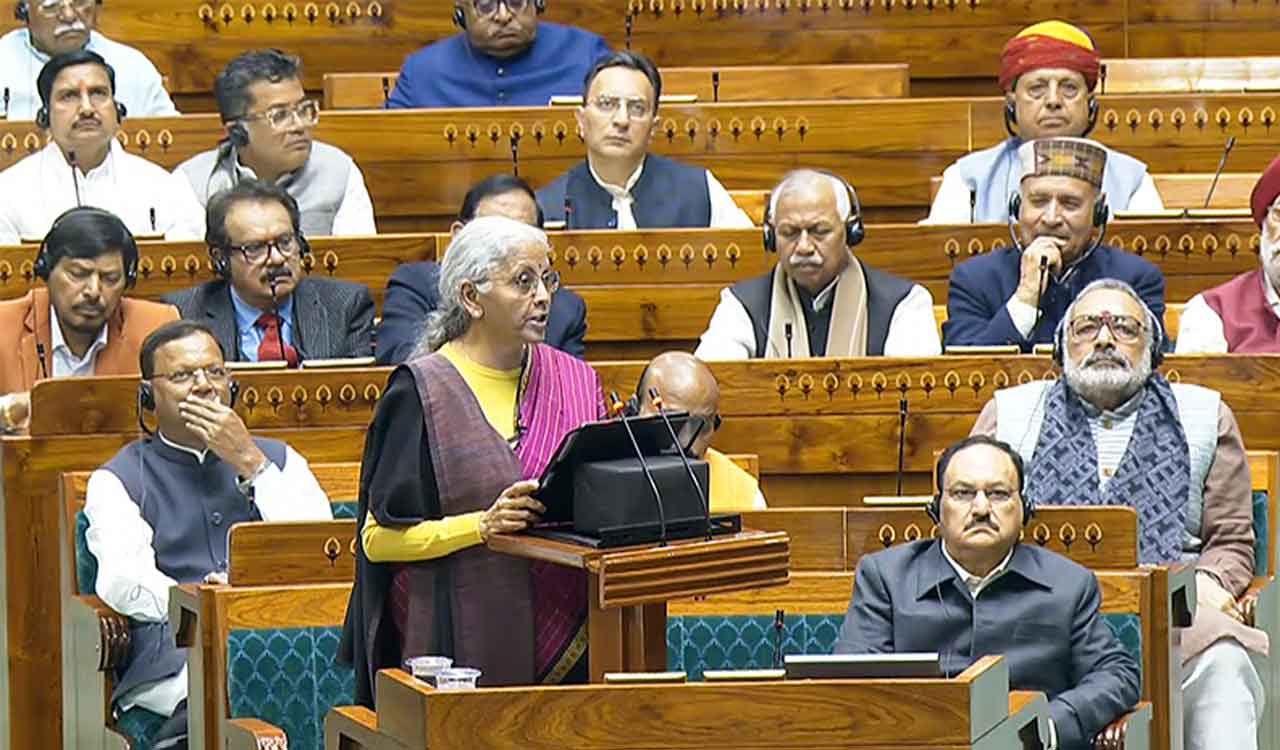Tamil Nadu has intensified disease surveillance and hospital preparedness following confirmation of two Nipah virus cases in West Bengal. Health authorities have asked hospitals to closely monitor AES cases, strengthen reporting and enforce strict infection control measures across the State
Published Date – 19 January 2026, 06:14 PM

Chennai: Tamil Nadu has stepped up disease surveillance and hospital preparedness following the confirmation of two Nipah virus cases in Nadia district of West Bengal, prompting a nationwide health alert.
Acting on advisories from the Government of India, the Tamil Nadu Directorate of Public Health (DPH) and Preventive Medicine has instructed all district, city and municipal health authorities to intensify monitoring for Acute Encephalitis Syndrome (AES) across the State.
The health department has directed that all patients presenting with fever and altered sensorium be closely observed, with special attention to those having a recent travel history to West Bengal or contact with individuals from affected areas.
Such cases must be promptly evaluated for possible Nipah virus infection, officials said.
Health Minister Ma. Subramanian said on Monday that comprehensive guidelines and precautionary measures had already been circulated to all districts.
District Health Officers have been instructed to activate enhanced surveillance mechanisms, while block medical officers at the primary healthcare level and heads of all government hospitals have been asked to remain vigilant and prepared to respond swiftly to suspected cases.
Director of Public Health A. Somasundaram stressed the importance of preparedness at the field level. He called for intensified awareness campaigns to sensitise healthcare workers and the public on prevention and control measures.
Strengthening surveillance, ensuring early detection, improving clinical management, and strictly adhering to infection prevention and control practices in all health facilities were critical, he said.
The DPH has also instructed both government and private hospitals to immediately report all AES cases to the respective District Surveillance Units through the Integrated Disease Surveillance Programme–Integrated Health Information Platform.
Timely reporting, officials noted, is crucial to prevent any potential spread. According to the health department, Nipah virus can be transmitted to humans through close contact with infected persons, fruit bats, or pigs.
Exposure may occur while handling or consuming fruits contaminated by bat secretions, climbing fruit trees, or consuming raw date palm sap, juice, or toddy.
Human-to-human transmission has been documented, particularly during close caregiving at home or in healthcare settings when adequate personal protective equipment is not used.
Clinical symptoms include fever, severe headache, altered mental status, respiratory distress, cough, vomiting, muscle pain, convulsions and diarrhoea.
The infection can progress to severe encephalitis or respiratory illness, with reported fatality rates ranging between 40 and 75 per cent, varying by outbreak.
As part of revised preparedness measures, hospitals have been instructed to immediately isolate suspected Nipah patients, ensure strict segregation from other patients, and enforce stringent infection control protocols to minimise the risk of transmission within healthcare settings.


